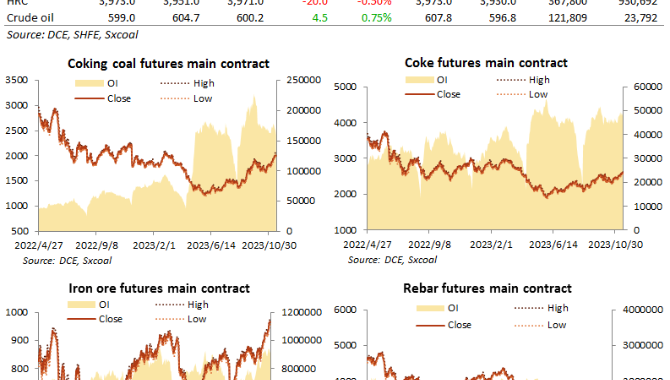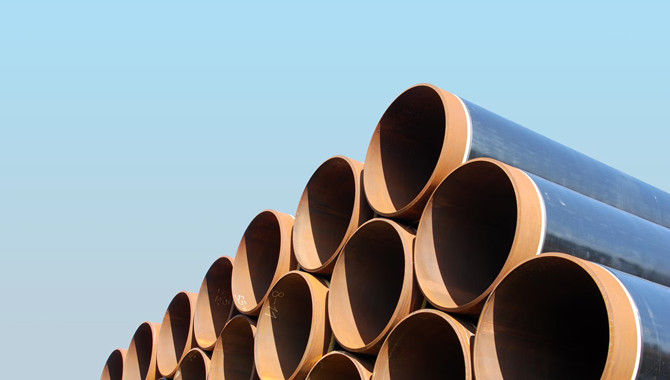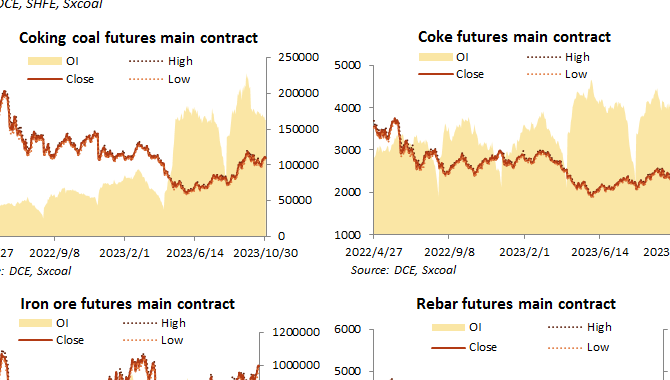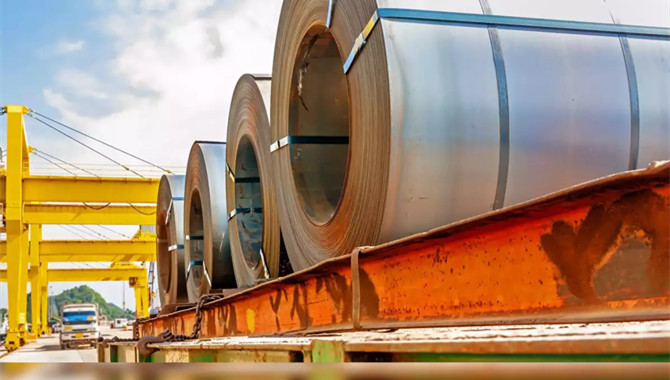"Tens of millions of people, primarily in African countries, have been saved from starvation ... food prices are significantly lower than they would be without our food exports," he said in a video address.
The export of Russian ammonia via a pipeline to the Black Sea has not yet been agreed as part of the renewal, two sources familiar with discussions told Reuters. But Russia would continue efforts to resume those exports, one of the sources added. Ammonia is an important ingredient in fertiliser.
Zelenskiy said in September he would only back the idea of reopening ammonia exports through Ukraine if Moscow handed back prisoners of war, an idea the Kremlin rejected.
"The renewal of the (deal) ... is good news for global food security and for the developing world," tweeted Rebeca Grynspan, secretary-general of the U.N. Conference on Trade and Development. "Solving the fertiliser crunch must come next."
The 120-day extension was less than the one-year sought by the United Nations and Ukraine. Russia said earlier this week that the current duration period of the deal seems "justified.".
GLOBAL FOOD PRICE CRISIS
A drop in Ukrainian shipments following Russia's invasion in late February played a role in the global food price crisis but other important drivers include the COVID-19 pandemic and continued climate shocks.
Since July, some 11.1 million tonnes of agricultural products have been shipped under the deal, including 4.5 million tonnes of corn and 3.2 million tonnes of wheat.
Chicago wheat prices fell following the news of the extension. The benchmark contract was down 2% and corn was down 1.3%.
"This is bearish for the market because it removes remaining doubts and we have something clear for the coming four months," one French trader said.
"However, the fact that it is only for four months ... means that uncertainty will resume in four months, with people wondering whether Russia will sign an extension or not."
Ukraine and Russia are major global grain exporters. Russia is the world's largest wheat exporter and a major supplier of fertilisers to global markets.
Since July, Moscow has repeatedly said its shipments of grain and fertilisers, though not directly targeted, are constrained because sanctions make it harder for exporters to process payments or to obtain vessels and insurance.
Moscow presumed that the Russian concerns related to easier conditions for its exports would be fully taken into account in coming months, its foreign ministry said.
Source: Reuters
The opinions expressed herein are the author's and not necessarily those of The Xinde Marine News.
Please Contact Us at:
media@xindemarine.com


 PIL launches Academy to strengthen workforce compet
PIL launches Academy to strengthen workforce compet  Coal shipments to advanced economies down 17% so fa
Coal shipments to advanced economies down 17% so fa  China futures market updates at close (Nov 14)
China futures market updates at close (Nov 14)  CISA: China's daily crude steel output down 5.7% in
CISA: China's daily crude steel output down 5.7% in  China futures market updates at close (Oct 31)
China futures market updates at close (Oct 31)  CISA: China's daily crude steel output down 1.2% in
CISA: China's daily crude steel output down 1.2% in